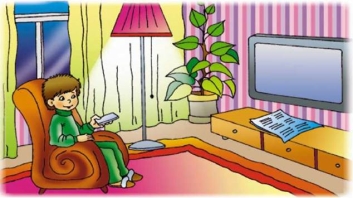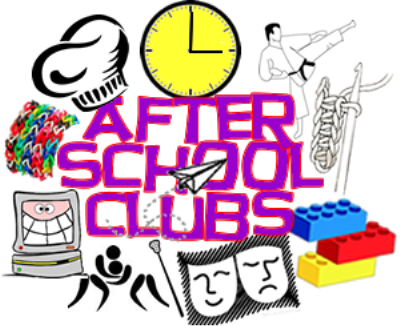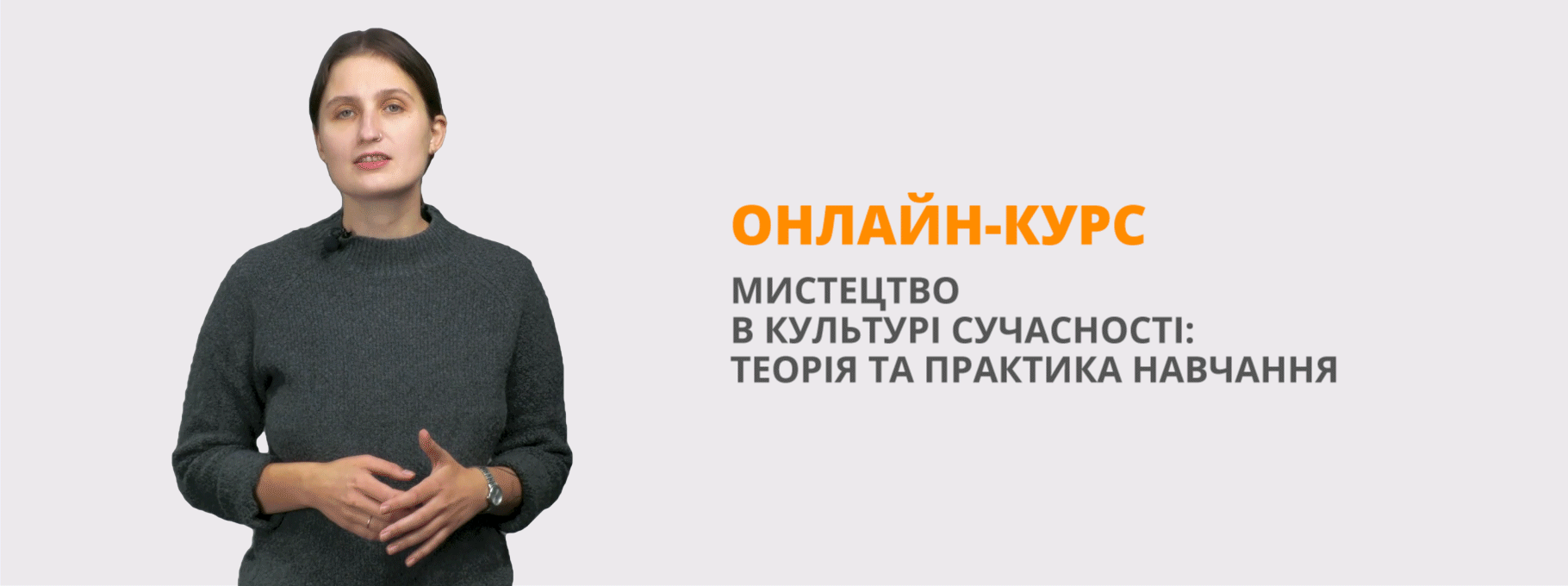Конспект уроку для 7 класу "Extra-school activities"
EXTRA-SCHOOL ACTIVITIES
Length of the Lesson: 45 minutes
Main aims: by the end of the lesson, students will be able
- to express opinions about the extra-school activities, notice their benefits, think critically;
- to practise using the expressions to be good at, to be fond of, to be crazy about, to be interested in etc. in speaking and writing;
- to use clues which deal with expressing opinions, agreeing and disagreeing;
- to make and present the advertisement pages of after school clubs.
Supplementary aims: by the end of the lesson learners will be able
- to work in pairs and groups effectively (with different partners);
- to review the names of extra-school activities and clubs;
- to revise the using of prepositions;
- to improve their vocabulary and speaking, listening, writing skills specifically related to extra-school activities.
Personal aims:
- to reduce TTT;
- to give clear instructions;
- to establish and maintain a good pace;
- to develop students’ attention;
- to make sure I include all students.
Stage 1:
Aim: to create the interest in the topic of the lesson, introduce the topic.
Procedure: T assists the students to predict the topic of the lesson from analyzing the quote and asking the leading questions (T draws students’ attention to the clues which deal with expressing opinions, agreeing and disagreeing). Students try to identify the topic of the lesson.
Materials: quote, which is written on the blackboard, pictures, clues which deal with expressing opinions, agreeing and disagreeing.
Time: 5 minutes
Interaction: T- whole class
T: Hello! Nice to meet you! Are you in a good mood?
T: It’s great. So, sit down and get ready for the lesson. So, look at the blackboard and read the quotation, please.
The years of early childhood are the time to prepare the soil for a brighter future.
Rachel Carson
Thank you, how do you understand these words?
Look at these pictures and think is it good to sit in front of the TV or computer for hours each day? Or is it better to do anything else after school?


So, … plays football after school, … dances. How do you think what is the theme of our lesson?
Stage 2:
Aim: to review and develop vocabulary related to the topic.
Procedure: Students read and match the names of the clubs with their descriptions. They stick cards with descriptions on the blackboard in order to match with the names of the clubs.
Materials: cards with descriptions, the names of the clubs are written on the blackboard.
Time: 3 minutes
Interaction: T - S
T: Okay, so now we are going to match the names of the clubs with their descriptions.

This club is for creative people, who like drawing and painting very much.
In order to participate in the activities of this club, you should be physically fit.
This club is for students who want to do something fun related to technology.
The purpose of this club is to gather in the spirit of good cooking, share recipes, and learn about meal. The club eats well, too!
It welcomes everyone of any level of mathematical ability who is interested in problem solving, puzzles, and games.
|
Dinner club |
Maths club
|
Art club |
Sports club |
Computer club
|
T: Ok, well done!
Stage 3:
Aim: to review the using of prepositions.
Procedure: Students catch the toy and say the correct preposition.
Materials: teddy bear.
Time: 2 minute
Interaction: T- S
T: So, this is our old friend …Teddy, yes. Let’s remember the expressions. Your task is to catch Teddy and give your preposition as quickly as possible, then return our friend to me. Okay, what are you going to do? Then? How? And? Are you ready?
to be interested …..
to be keen…..
to be good…
to be bad…..
to be mad …
to be fond …
to be crazy ….
Well done!
Stage 4:
Aim: to develop writing, speaking skills and creativity, practise using synonyms for the word like.
Procedure: Students make advertisements of extra-school clubs, using the expressions to be keen on, to be interested in, to be mad about etc. (in pairs), then present their works.
Materials: ribbons, cards with the names of the clubs and expressions, posters.
Time: 10 minutes.
Interaction: pair work.
T: Now your task is to come to me and take the ends of the ribbons. Those, who took the ends of the same ribbon are the partners.
I’d like you to work with your partner (to work in pairs), this is my magic basket, you have to pull out the name of the club and the expressions. So, make advertisement of your club using the words you pulled out of the magic basket. What are you going to do?
Good work
Stage 5:
Aim: to develop listening skills, to expand vocabulary.
Procedure: Students watch the video, write down unknown words and answer the question.
Materials: video.
Time: 6 minutes
Interaction: T-S
T: Let’s watch the video and answer the question: “Why are extra-curricular activities so important?”
Stage 6:
Aim: to revise the vocabulary box, to develop writing skills.
Procedure: Students fill in the sentences with the missing words from the box, copy the text.
Materials: book.
Time: 5 minutes
Interaction: individually
T: And now open your books. Ex. 2 p. 35. Fill in the sentences with the missing words from the box, copy the text.
(Student’s book by Oksana Karpiuk)
Stage 6:
Aim: to summarize and develop critical thinking, to encourage students to do feedback.
Procedure: Students name the advantages of extra-school activities.
Materials: cards with pictures, posters.
Time: 10 minutes
Interaction: group work
T: And again my magic basket will help me to unite you into two groups. You have to pull out the card, if you are Mickey Mouse, you are in the first team, if you are Minnie Mouse, you are in the second one.


And now let’s summarize. Please write as much as possible points why extra-school activities are important for students.
You have to choose your captain. Your task is to name one advantage of extra-school activities without repeating and to step in such a way. The winner is the captain, who touches me.
Develop our character
Develop the creativity
Improve our behavior
Improve our marks
Make us disciplined
Develop our leadership
Improve our teamwork
Develop our organization
Arrange our time management
Keep us motivated
Reduce stress
Allow students to do what they like
We can make friends through extra-school activities
Show your passion
Develop many working skills
Get involved, we have no time to do bad things
Stage 7:
Aim: to relax.
Procedure: Students sing a song about active way of life, extra-school activities.
Materials: a song “Today I Feel Like I Can Do Everything”.
Time: 2 minutes
Interaction: T - whole class.
SONG:

Today I feel like I can do everything
Not enough time in(a) one day
Don’t tell me what I can not do
I can do it all without you
Today I swear that I can do everything
I’m gonna get school on time
And after school
Joining the club
That’s is so cool
Nobody’s gonna tell me I can’t
Because activities
That are after school
Get involved
that is so cool
Today I swear that I can do everything
SMILE!
Zoriana Kostash
Stage 8:
Aim: to give homework.
Procedure: T writes on the blackboard “To write a letter to your pen-friend, tell him/her about your extra-school activities, ask how he or she spend his/her free time”
Time: 2 minutes
Interaction: T - whole class.
T: Goodbye, dear, see you soon!



про публікацію авторської розробки
Додати розробку
